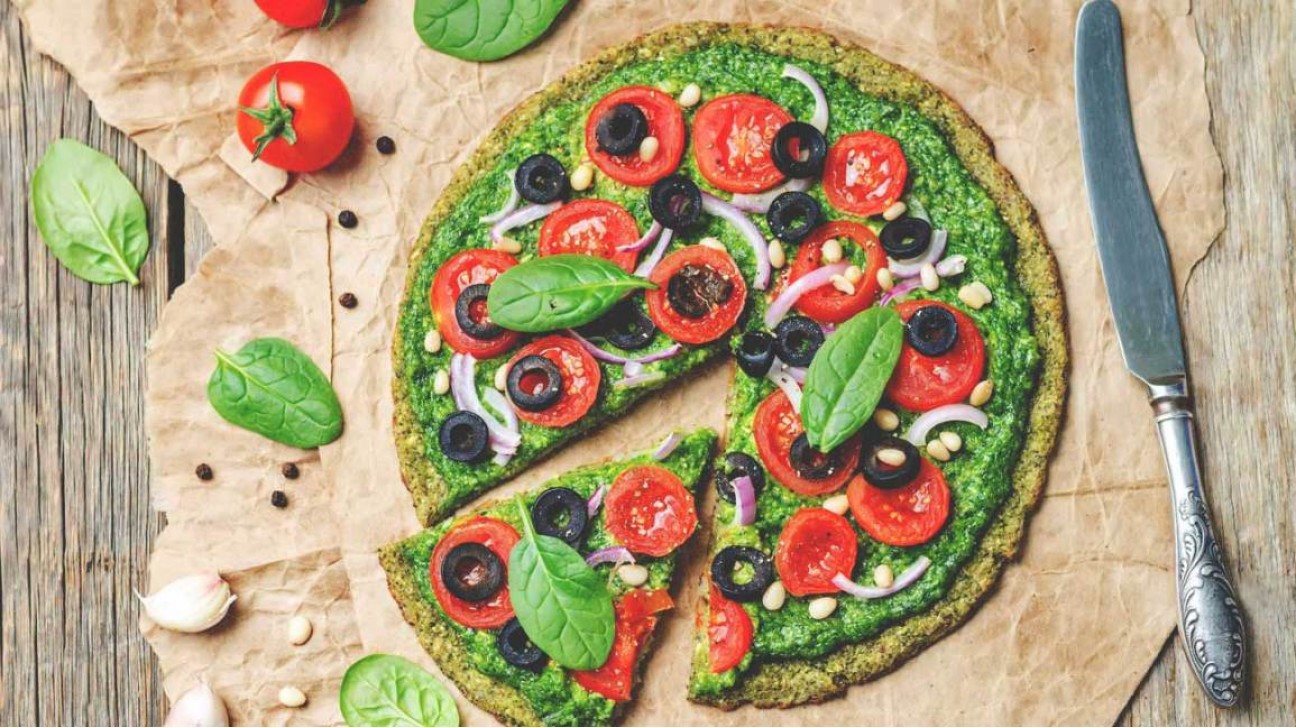Benefits of Going Vegan
Cattle often weigh over a ton and are prone to thrashing and kicking, putting the workers in great danger of serious injuries. Many workers suffer from Post Traumatic Stress Disorder and admit to taking out their frustrations on the animals. Workers can also become violent at home, and abuse drugs or alcohol in an attempt to assuage their own guilt and anxiety over what they have witnessed or participated in.
What is a vegan diet?
A vegan diet is part of a lifestyle that excludes the consumption or use of any products made from animals. Vegans do not eat animal products, including honey, eggs, gelatin, or dairy. They will not use clothes, soaps, or other products that are animal-sourced in any way. A vegan diet can be a highly nutritious choice, as it is low in saturated fat and rich in nutrients. However, starting out on an animal-free diet without proper planning can lead to some health risks. All protein, vitamins, and minerals must come from non-animal sources, so food choice and preparation are important. A 2016 poll suggests that around 2.5 percent of people in the United States follow a vegan lifestyle.
Vegan vs. vegetarian
There are important differences between the vegan and vegetarian diets that impact food choice and nutritional intake. The main difference is that vegetarians do not eat meat but will continue to consume dairy products and eggs. Vegans consume no animal products at all. This means that it is less necessary for vegetarians to supplement nutrients. They can still get calcium from milk, for example. Vegans, on the other hand, must find a plant-based source of calcium. Veganism also refers to a range of lifestyle choices that exclude animal products, while vegetarianism is purely a dietary choice.
- Nutritional value
Several studies have reported that vegan diets, when followed correctly, tend to contain more fiber, antioxidants, potassium, magnesium and vitamins A, C and E. Vegan diets are packed full of essential nutrients, but in the absence of meat, it is vitally important that we make sure we are still consuming all of the correct amounts of proteins in other forms. Protein is made up of small parts called amino acids, which aid your metabolism and help to keep your muscles, skin, and organs healthy. Vegan options include nuts, peanut butter, seeds, grains, and legumes.
Research has revealed that vegans may be happier than their meat-eating counterparts. In fact, it was discovered that vegans and vegetarians had lower scores on depression tests and mood profiles when compared to fish and meat-eaters. There is an element of freshness to most plant-based dishes, especially when it comes to organic produce – so this is bound to purify our minds and keep our thoughts positive.
- Effects on the environment & use of resources
Breeding, raising, and feeding animals for food is a tremendously inefficient use of our natural resources. Animals raised for food production are fed over half of the all the world’s crops. As our population grows, we require more and more agricultural space. 60% of worldwide deforestation results from land being converted for use as agricultural land, much of which is used for grazing cattle. Following a vegan lifestyle contributes less air pollution and puts less stress on our natural resources by requiring less land, fossil fuels, and water. As the world’s population is expected to reach 9 billion by 2050, a widespread movement towards vegan lifestyle is the most effective way to reduce pressure on our environment and may be absolutely crucial to our survival as a species.
- The meat industry
The lives of animals raised for slaughter are miserable, to say the least. The animals are kept in overcrowded areas with little or no room to move, the environment is filthy, and the air is thick with the smell of ammonia and bodily waste. The animals suffer injuries which are often left untreated, from broken bones to burns and lesions from constant contact with their own waste. With the focus on profit, time is money, which means that slaughterhouses process as many animals as possible in any given day. It’s common for the production lines to be moving so fast that the methods used to kill the animals are rarely effective and cause a great deal of suffering and pain. Because of the quick processing time many of the animals are still alive, terrified, and in unimaginable amounts of pain during skinning, scalding, and dismemberment. These are routine practices – millions of animals endure this cruelty and torture every single day and it’s not only the animals that suffer. Slaughterhouse workers are at an enormous risk as well. Cattle often weigh over a ton and are prone to thrashing and kicking, putting the workers in great danger of serious injuries. Many workers suffer from Post Traumatic Stress Disorder and admit to taking out their frustrations on the animals. Workers can also become violent at home, and abuse drugs or alcohol in an attempt to assuage their own guilt and anxiety over what they have witnessed or participated in.
- The dairy industry
To maintain milk production, dairy cows must be repeatedly and forcibly artificially inseminated. After birth, the calves are removed from their mothers within 24-72 hours. The sooner, the better as the relationship between mothers and their calves strengthen over time and the separation is extremely stressful for both animals. Milk that is produced for the calf is harvested for human consumption and the calves are fed a powdered milk replacement. Calves born of dairy cows are used for different purposes depending on their gender. Females begin their lives as dairy cows at 13 months of age. Males are slaughtered for veal within anywhere from just a few hours old up to 4 months of age. The veal industry is a direct by-product of the dairy industry. While a cow’s natural lifespan can exceed 20 years, most dairy cows are killed by the age of 4 and sold as beef. The lifespan of a dairy cow before slaughter is dependent on its ability to produce milk. 90% of dairy cows killed are for reasons such as infertility, mastitis (infection of 1 or more udders), lameness, and low production levels.
- For human being
Weight loss. A bonus to sticking to a vegan diet is the positive effect it has on our figure. Vegans typically weigh less as a result of a diet comprised of fewer calories in the form of grains, legumes, nuts, seeds, fruits, and vegetables. Vegans are also generally more aware of healthy food and therefore tend to eat better. Plant foods tend to be easier on your digestion too.
Improving athletic performance. While most active individuals focus on protein intake, more and more athletes follow a high-carbohydrate, good-fat, and vitamin and mineral-rich vegetarian diet for optimum sports performance. Conflicting studies exist, but the number of world-class vegetarian sportsmen continues to rise, world tennis stars and sisters Venus and Serena Williams for example, announced they were going vegan in 2011. Our skin. Vegans tend to have better vision and less macular degeneration – all that extra vitamin c and consequent collagen leads to much better skin.
Going vegan is a huge project that needs us to communicate and research. It is never late to try our best to protect this earth
References:
https://www.ilovevegan.com/resources/benefits-of-a-vegan-lifestyle/
https://www.standard.co.uk/lifestyle/health/vegan-health-benefits-nutritionist-expert-a3673991.html
Search
Categories
Popular Posts




















Comments: 0
No comments